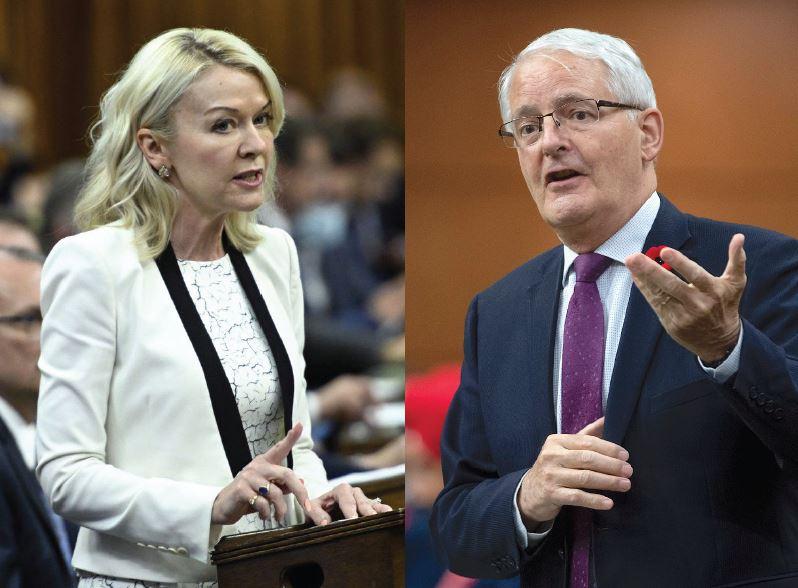With four byelections taking place across Canada in June, a drop in popular support by more than 5 percent should be an indication for the major parties as a sign of trouble during the next federal election, according to a pollster.
“For any party, a drop in popular support by 5 percent or more would be on the radar,” Nik Nanos, chief data scientist and founder of Nanos Research, said in an interview.





